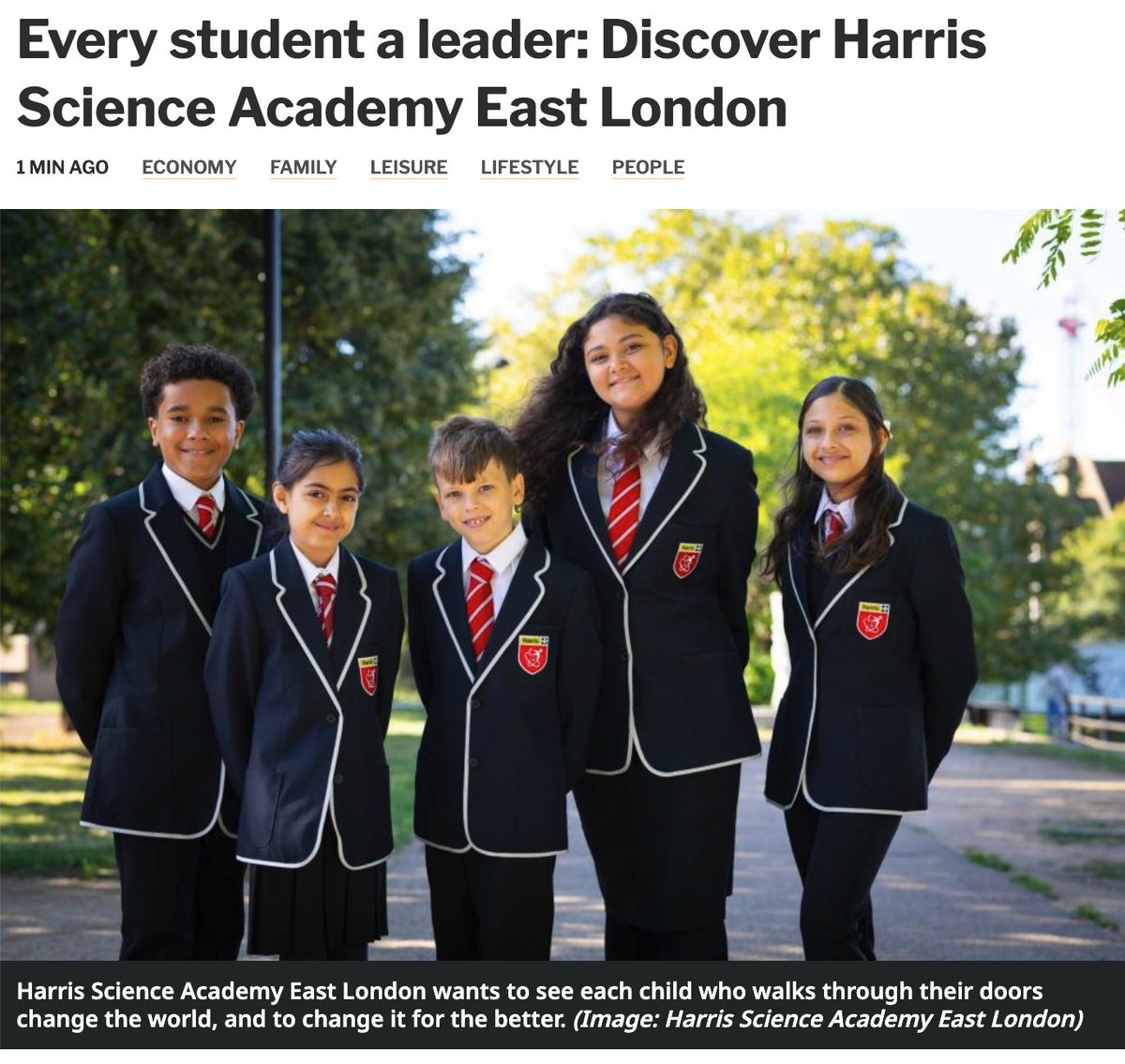Numeracy
Intent, implementation, impact, research underpinning approach
Intent
In 2017, Sir Adrian Smith published a review of post-16 mathematics education for the government. Some key quotes from the report can be found below:
- ‘Adults with basic numeracy skills earn higher wages and are more likely to be in employment than those who fail to master these skills.’
- ‘Individuals who achieve five or more good GCSEs (including English and mathematics) as their highest qualification have a lifetime productivity gain worth around £100,000 compared to those with below level 2 or no qualifications.’
- ‘Around half of individuals in jobs where mathematical sciences qualifications are essential were found to have salaries of £29,000 or more, compared with only 19 per cent of the UK workforce overall.’
- ‘In the UK, around seven in ten employees report that quantitative skills are essential or important to carry out their work. … In 2012, around 20 percent of young people in the UK did not have basic skills.’
Since 2017, the situation has not improved, in 2022 a government study found that around 17 million adults in England - half the working-age population - have the numeracy skills of a primary school aged child.
The objective of the mathematics curriculum at HSAEL is to provide pupils with a foundation for understanding the increasingly mathematical world and equip them with the critical skills required to participate in society.
We firmly believe that no student will be held back by poor numeracy skills, or a lack of confidence with numeracy at our school.
Implementation
Students complete baseline tests upon entry in the Autumn term and then their progress is measured again in the Spring and Summer terms.
Students who are not ‘secondary-ready’ by entry into Year 7 will be given catch-up numeracy support.























